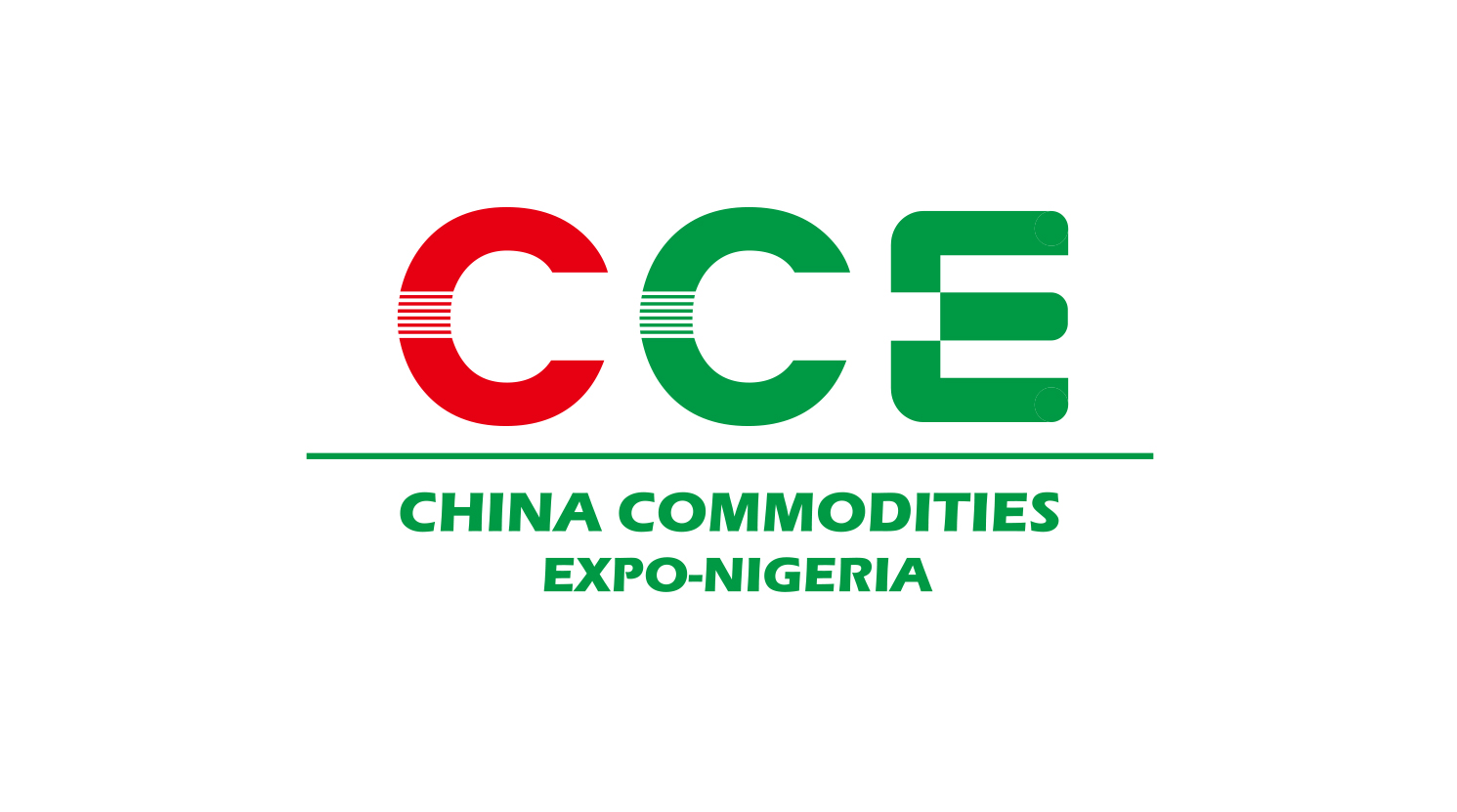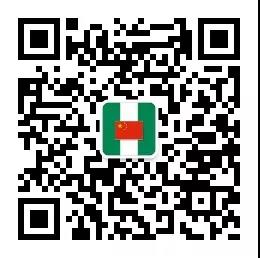Market Overview and Procurement Needs of China Nepal Trade
1、 China Nepal Trade
Nigeria is the largest economy and most populous country in Africa, providing various profitable trade opportunities for Chinese companies. As of May 2019, Chinese companies have invested $20 billion in over 150 companies in Nigeria.
As one of the fastest-growing net importers of Chinese physical products, Nigeria's main sources of imports in 2017 were China ($9.6 billion), Belgium ($3 billion), and the Netherlands ($2.8 billion). Nigeria's imports from China exceed the sum of the other two largest import source countries, and in the second quarter of 2019, Chinese goods accounted for a quarter of all imported goods.
According to Chinese customs statistics, from January to June 2019, the bilateral trade volume between China and Nepal reached 8.68 billion US dollars, a year-on-year increase of 20.7%, which is 22.7 percentage points higher than the overall growth rate of China's foreign trade during the same period. Among them, China's exports to Nigeria reached 7.52 billion US dollars, a year-on-year increase of 18.2%; Importing 1.16 billion US dollars from Nigeria, a year-on-year increase of 40.4%; The trade surplus was 6.36 billion US dollars, a year-on-year increase of 14.9%. In June, the bilateral trade volume between China and Nepal reached 1.63 billion US dollars, a year-on-year increase of 13.9%. Among them, China's exports to Nigeria reached 1.48 billion US dollars, a year-on-year increase of 13.2%; Importing 150 million US dollars from Nigeria, a year-on-year increase of 23.0%; The trade surplus was 1.33 billion US dollars, a year-on-year increase of 12.1%.
According to Chinese customs data, in June 2019, Nigeria continued to maintain its position as the third largest trading partner in Africa, with South Africa and Angola ranking first and second respectively; Meanwhile, China will continue to maintain its position as the second largest export market in Africa, with South Africa ranking first. Nepal accounts for 38.3% of China's trade with the Western Community and 8.5% of China's trade with Africa. (Source: Ministry of Commerce website)
The main categories of goods exported by China to Nigeria include: ① motors, electrical, audio-visual equipment and their accessories; ② Boilers, machinery and components; ③ Vehicles and their accessories; ④ Aluminum and its products; ⑤ Steel products; ⑥ Rubber and its products; ⑦ Plastics and their products; ⑧ Steel Miscellaneous chemical products; 10 Processing feathers and products; Artificial flowers; Human hair products. The main categories of goods imported by China from Nigeria include: ① mineral fuels, mineral oils and their products; ② Rubber and its products; ③ Cocoa and cocoa products; ④ Raw leather and leather; ⑤ Oil seeds; Ziren; Industrial or medicinal plants; Feed; ⑥ Cotton; ⑦ Base metal; ⑧ Plastics and their products; ⑨ Wood and wooden products.
In the first quarter of 2019, Nigeria's import volume was 3.703 trillion naira, of which the import value of machinery and transportation equipment reached 1.505 trillion naira, accounting for 40.66% of the total import volume; The finished products reached 841.3 billion naira, accounting for 22.72%; Chemicals and related products reached 403.4 billion naira, accounting for 10.89%. The other main imported products are food and mineral fuels, reaching 355 billion naira (9.53%) and 346.2 billion naira (9.35%), respectively. (Editor's Choice: China Trade Research Center)
2、 Industry market
Beauty market:
According to the China Africa Trade Research Center, Nigeria has become the fastest-growing beauty and cosmetics market in Africa. Most cosmetics in Africa rely on imports, such as beauty soaps, facial cleansers, shampoos, conditioners, spices, hair dyes, eye creams, etc. Nigeria, as one of the fastest-growing markets in Africa, is experiencing an astonishing growth in demand for cosmetics.
The beauty and cosmetics industry in Nigeria has over one million employees, contributing billions of dollars to the economy, making Nigeria one of the fastest-growing markets in Africa. Nigeria is considered a rising star in the African beauty market. 77% of Nigerian women use skincare products. The Nigerian beauty and cosmetics market is expected to double in the next twenty years. The industry has created a sales performance of more than 2 billion dollars in 2014, of which the market share of skin care products is 33%, the market share of hair care products is 25%, and the market share of cosmetics and perfume is 17% respectively. "In the global cosmetics industry, Nigeria and the entire African continent are the core. International brands like Maybelline are entering the African market with Nigeria as the symbol, said dy Nang, general manager of L'Oreal Central and Western Africa.
Similarly, the growth rate of the department is mainly driven by population growth, which in turn translates into a strong consumer base. This particularly includes young people and the middle class population, who, with the increasing level of urbanization, education, and women's independence, are more exposed to the influence of Western culture, and are willing to spend more income on beauty products. Therefore, the industry is expanding to major cities, and companies are also exploring new beauty venues across the country, such as spa centers, beauty centers, and health centers.
Based on such growth prospects, it is easy to understand why major international beauty brands such as Unilever, Procter&Gamble, and L'Oreal are focusing on Nigeria as a country with a market share of over 20%. (Source: China Africa Trade Research Center)
Needs: Cosmetics, wigs
Electronic product market:
Oti gba Computer Village, located in the ikeja region of Lagos Oblast, has up to 3000 small and medium-sized enterprises, generating a daily output value of 1.5 billion naira. In the 16 years since the telecommunications revolution, this market has created a cumulative output value of $32 billion for Nigeria. It is hoped that in the future, this market can increase its efforts to crack down on counterfeit and inferior products, while extending to product manufacturing and technological innovation, making it Nigeria's Silicon Valley.
According to the China Africa Trade Research Center, the Ikeja computer market in Nigeria is the largest computer trading market in Africa. To compensate for the rapid development of information and communication technology in Nigeria, the Nigerian market continues to import a large amount of electronic equipment. At present, there is a significant gap in Nigeria's electronic product market. Every year, Nigeria imports electronic products such as VCDs, computers, refrigerators, DVDs, etc., of which a considerable portion are second-hand products, even counterfeit. (Editor's Choice: China Africa Trade Research Center)
Requirements: Mobile phones, computers, affordable semi intelligent, smart electronic products
Mechanical and Electrical Market
Nigeria's electromechanical industry has a backward foundation, with only over 80 electromechanical enterprises in the country, mainly producing wires, cables, light bulbs, switches, cassette tapes, speakers, voltage regulators, etc. Among them, only 17 enterprises are engaged in the assembly of air conditioners, refrigerators, freezers, dehydrators, washing machines, electric fans, and compressors. 60% of these enterprises have already gone bankrupt, and another 40% have a production capacity of only 40% -50%. The Nichia Electric Power Industry is facing the risk of marginalization, with almost zero contribution to GDP. Almost all mechanical and electrical products, including mining machinery, agricultural machinery, power generation equipment, railway equipment, vehicles, communication equipment, computers and auxiliary equipment, household appliances, mobile phones, digital products, and even hand tools, rely on imports. The market is mainly dominated by European and American brands, Korean and Japanese products, and Chinese products have great potential for high quality and low price.
Requirements: Electrical appliances, electrical components, hand tools, mechanical equipment
Electricity situation
Nigeria's electricity supply is very backward. According to the Nigerian Ministry of Electricity, the minimum annual electricity demand in Nigeria is 20 million kilowatts and the maximum is nearly 60 million kilowatts. In 2017, Nigeria had only about 4 million kilowatts of available electricity, with a huge demand gap, and about 55% of the country's residents had no electricity available. The Nigerian power grid has little connectivity with neighboring countries.
About 61% of Nigeria's current electricity generation comes from thermal power, while 31% comes from hydropower. Most of the power generation equipment is outdated and lacks proper maintenance and upkeep. Due to the shortage of power supply, most government agencies, public institutions, and over 97% of enterprises in Nigeria have to provide their own generators for power generation, and the contradiction between power supply and demand has become one of the main problems hindering Nigeria's economic development. The Nigerian government plans to focus on improving the level of electricity supply in the next step. Although Nigeria has abundant natural gas resources, the insufficient supply of natural gas to power plants has become a major bottleneck restricting the development of its electricity industry.
Requirements: generators, electrical equipment, wires and cables
food industry
As the most populous country in Africa, Nigeria's food industry is affected by the rigid demand of its population, resulting in a huge annual consumption of various grains, fruit and vegetable products, and processed foods. According to data, Nigeria's total food imports in 2017 were 4.13 billion US dollars, with a trade deficit of up to 3.42 billion US dollars. The Nigerian food industry is entering a period of rapid development, including international chain food giants such as Unilever and Nestle, which have successively entered the Nigerian market. Local manufacturers cover many types such as beer, flour, palm oil, and soft drinks.
Requirements: Food processing raw materials, processing machinery, packaging machinery, and packaging materials
Plastic processing industry
The plastic processing industry in Nigeria has begun to take shape, with over 3000 plastic processing enterprises in China that can produce various types of plastic products such as plastic toys, packaging, furniture, and accessories. But the Nigerian plastic industry also faces a major dilemma. Although the local area has abundant oil resources, the domestic chemical industry is backward, and the production capacity of plastic raw materials is limited. The vast majority of production raw materials rely on imports from abroad every year. Therefore, Nigeria is actively developing the plastic recycling industry, encouraging the recycling of waste plastic products, in order to obtain more plastic raw materials.
Requirements: Plastic pellets, plastic processing machinery, recycling machinery, and molds
Furniture industry
Nigeria is the largest furniture consumption market in West Africa, with a furniture consumption scale exceeding $500 million and maintaining rapid growth. With the development of urbanization, the consumption of furniture products by the affluent class in Nigeria is continuously increasing. In terms of furniture manufacturing, more than 70% of furniture in West Africa is produced by local manufacturers, while the remaining nearly 30% of furniture is mainly imported from Kyrgyzstan and China. In 2017, Nigeria imported furniture worth $240.4 billion from China, accounting for a high proportion of 47.2%.
Requirements: Indoor furniture, outdoor furniture
Infrastructure industry
The infrastructure situation in Nigeria needs improvement. In recent years, although various levels of government in Nepal have invested a large amount of funds in infrastructure construction, the effect has not been significant. In terms of highways, due to the impact of the rainy season and lack of maintenance, the road surfaces in the southeastern and northwestern parts of Nigeria have been severely damaged and require extensive repairs; In terms of railways, Nigeria is currently constructing the Lagos Light Rail and Abuja Urban Rail projects; In terms of ports, the largest port in sub Saharan Africa, the Laiki Deepwater Port in Lagos State, began construction in March 2018.
Requirements: Building materials, construction machinery, concrete processing equipment
3、 How large is the domestic market in Nigeria?
Total consumption
According to GDP expenditure classification, Nigeria has the characteristics of high consumption expenditure and low investment expenditure. According to data released by the Nigerian government, the vast majority of productive expenditures are from the oil extraction industry. According to data from Nigeria's National Bureau of Statistics, in 2016, Nigeria's total consumption accounted for 90.44% of GDP, with private consumption accounting for 86.33% and government consumption accounting for 4.11%.
Due to factors such as insufficient electricity supply, high construction costs, and low ownership of family cars, the development of Nigeria's formal retail industry is still constrained. So far, over 95% of Nigeria's retail industry is still in an informal form
Living expenses
Food consumption expenditure in Nigeria accounts for a large proportion of income, and agriculture and food manufacturing are also the most employed industries in Nigeria. Due to foreign exchange restrictions on food imports in Nigeria, currency depreciation, and rising prices, the food price index in Nigeria has been continuously rising. As of April 2018, the food price index reached 14.80%. In recent years, poverty in Nigeria has become increasingly severe. According to the 2018 Nigeria Economic Outlook report by the African Development Bank, approximately 152 million Nigerians live on less than $2 a day, accounting for 80% of the country's population
price level
Since February 2016, the price level in Nigeria has risen rapidly, with the Consumer Price Index (CPI)
Always maintained at double-digit or above levels, but slowly declined after reaching a recent high of 18.72% in January 2017. In April 2018, the CPI was 12.48%, the lowest in two years. Nigeria's basic daily necessities such as rice, vegetables, fruits, and edible oil cannot meet daily needs and require a large amount of imports. Due to factors such as transportation costs, seasonal changes, product quality, and sales locations, there are certain differences in the prices of basic daily necessities in different regions, and some even have significant price differences between markets and supermarkets in the same location. At the end of March 2017, the reference prices for basic daily necessities in the Abuja market and some supermarkets were approximately 28000 naira per 25 kilograms of rice; Noodles (50 kg pack) cost approximately 15000 naira; Eggs (12 pack) approximately 1000 naira; Beef and mutton are approximately 1500 naira/kg, pork is 2000 naira/kg, and chicken is 1200 naira/kg. The detailed list of wholesale prices for various types of food can refer to the "Selected Food Prices Watch" published monthly by the National Bureau of Statistics of Nepal.


